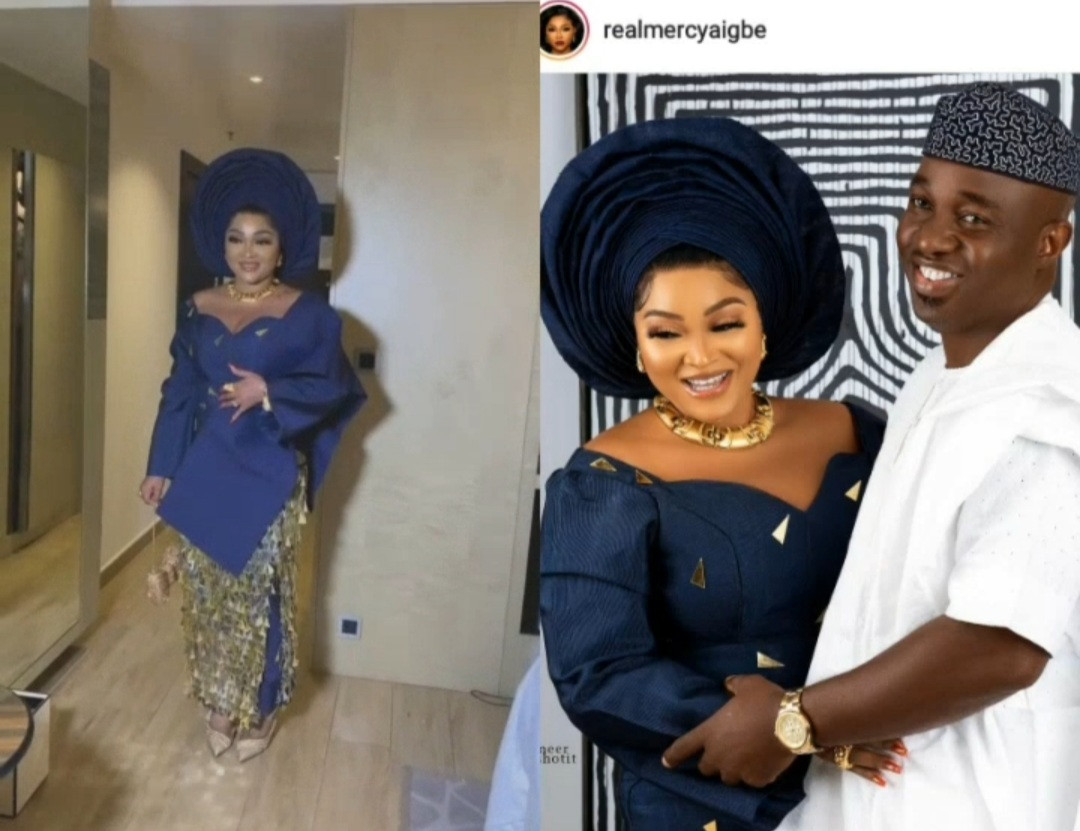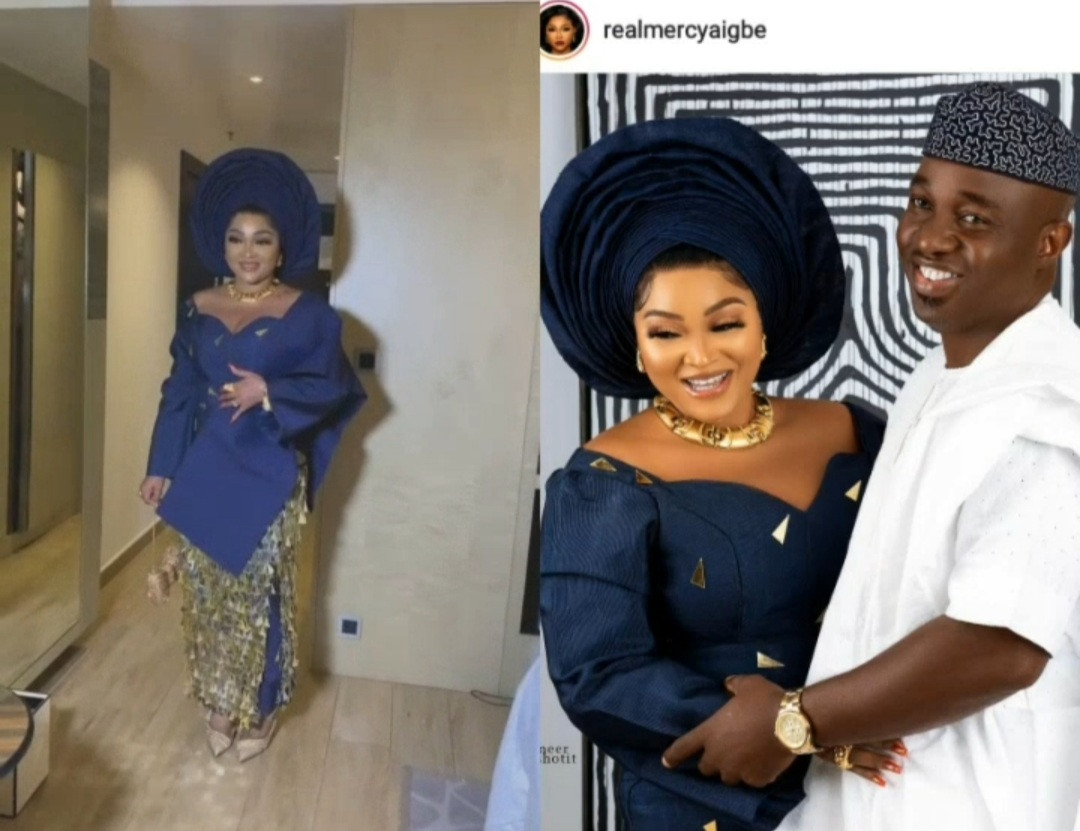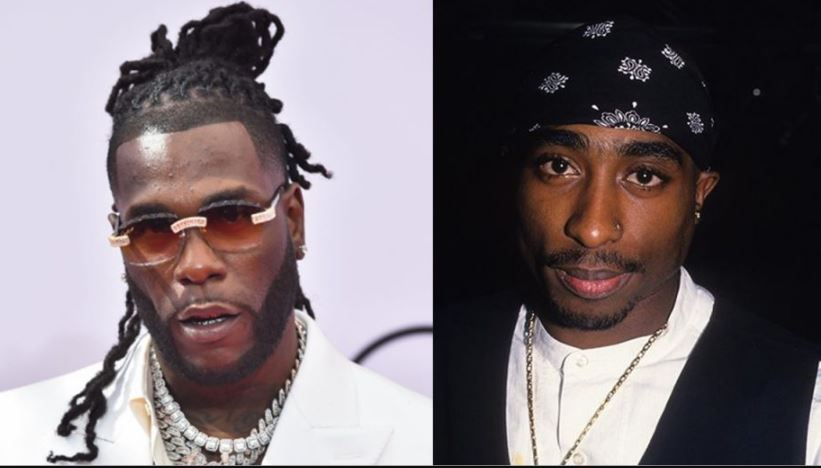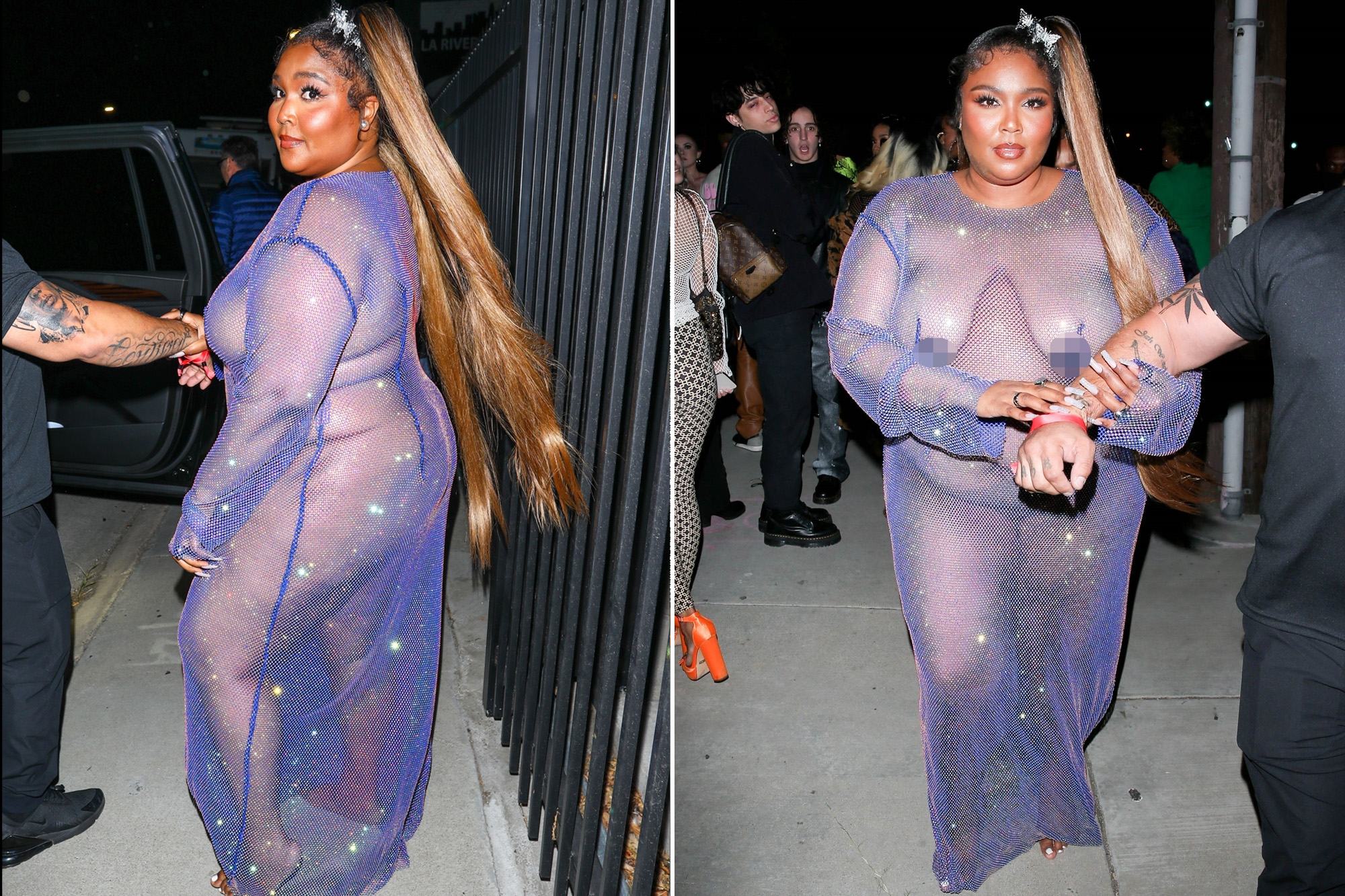Critics Should Allow Me To Be Happy
Mercy Aigbe and Kazim Adeoti
Nollywood actress, Mercy Aigbe has come out to blast those accusing her of snatching another woman’s husband.
She recently had her say via her social media page, and Nigerians have been reacting.
According to her, she really doesn’t know what the fuss is about because her husband is entitled to more than one wife as a Muslim.
Mercy added that her man currently has issues with his first wife and people should allow her to be happy.
A TV presenter who spoke to her said, “I spoke to her (Mercy) last night, she called me to correct an impression and that it is wrong for us to say, ‘how can she go and marry her ex-husband’s best friend.’ She said they were never friends.”
“They only attended an event where her present husband, a marketer in the industry, invited her to his birthday party, which she had attended in her ex-husband’s company.”
“She told me that the man is a Muslim, he’s entitled to more than one wife, so yes, he has issues with the first wife, and he is now married to her as the second wife and as a second wife, doesn’t she deserve to be happy?”
WOW.
Nollywood is a sobriquet that originally referred to the Nigerian film industry. The origin of the term dates back to the early 2000s, traced to an article in The New York Times. Due to the history of evolving meanings and contexts, there is no clear or agreed-upon definition for the term, which has made it a subject to several controversies.
The origin of the term “Nollywood” remains unclear; Jonathan Haynes traced the earliest usage of the word to a 2002 article by Matt Steinglass in the New York Times, where it was used to describe Nigerian cinema.
Charles Igwe noted that Norimitsu Onishi also used the name in a September 2002 article he wrote for the New York Times. The term continues to be used in the media to refer to the Nigerian film industry, with its definition later assumed to be a portmanteau of the words “Nigeria” and “Hollywood”, the American major film hub.
Film-making in Nigeria is divided largely along regional, and marginally ethnic and religious lines. Thus, there are distinct film industries – each seeking to portray the concern of the particular section and ethnicity it represents. However, there is the English-language film industry which is a melting pot for filmmaking and filmmakers from most of the regional industries.







